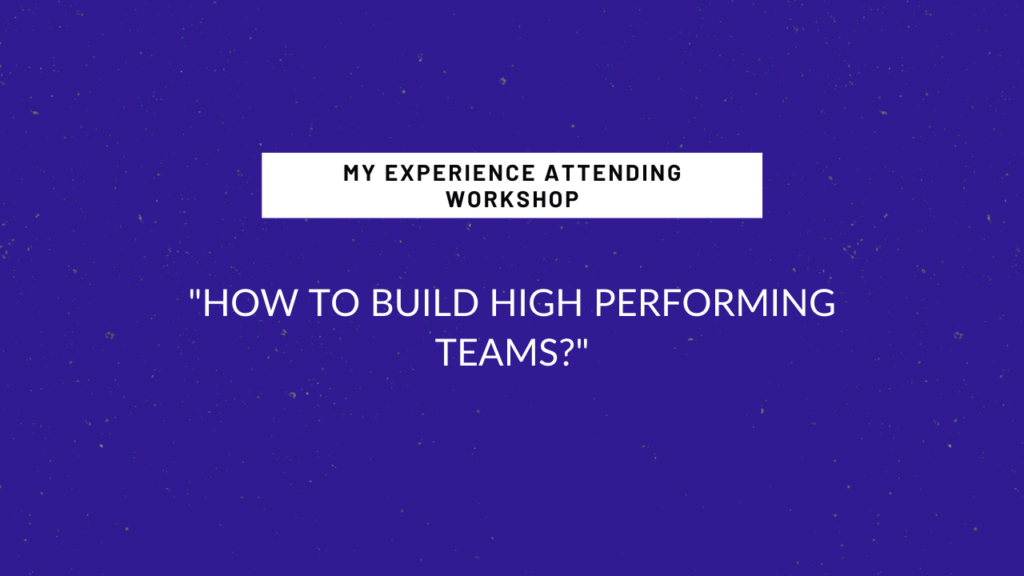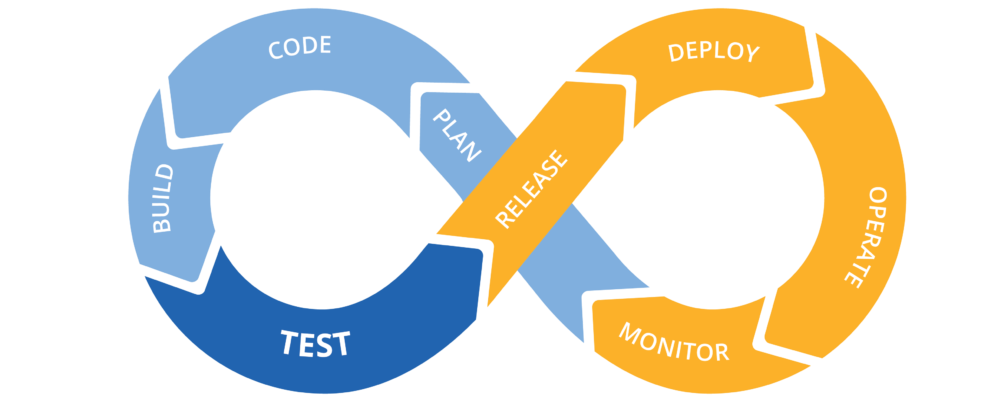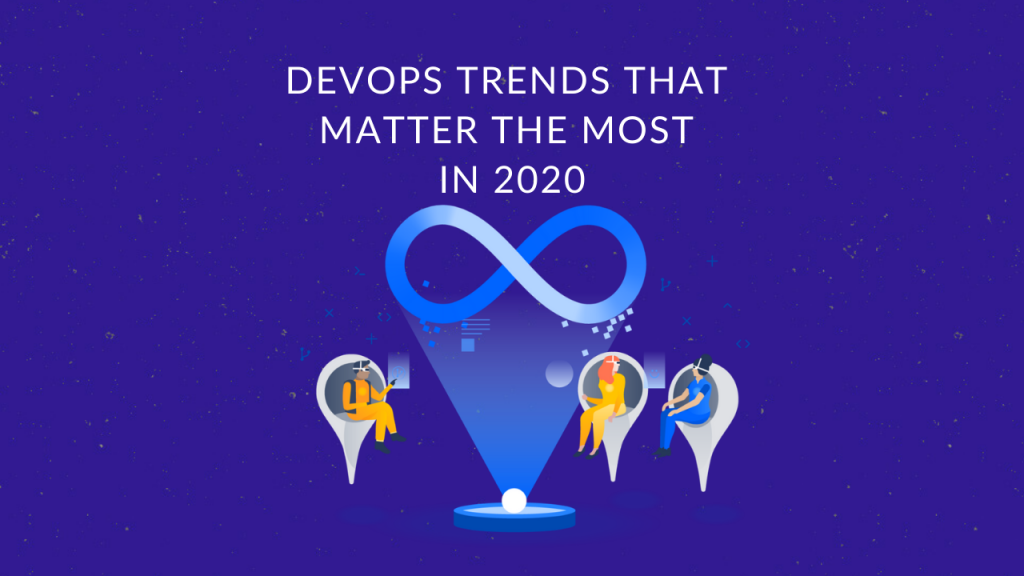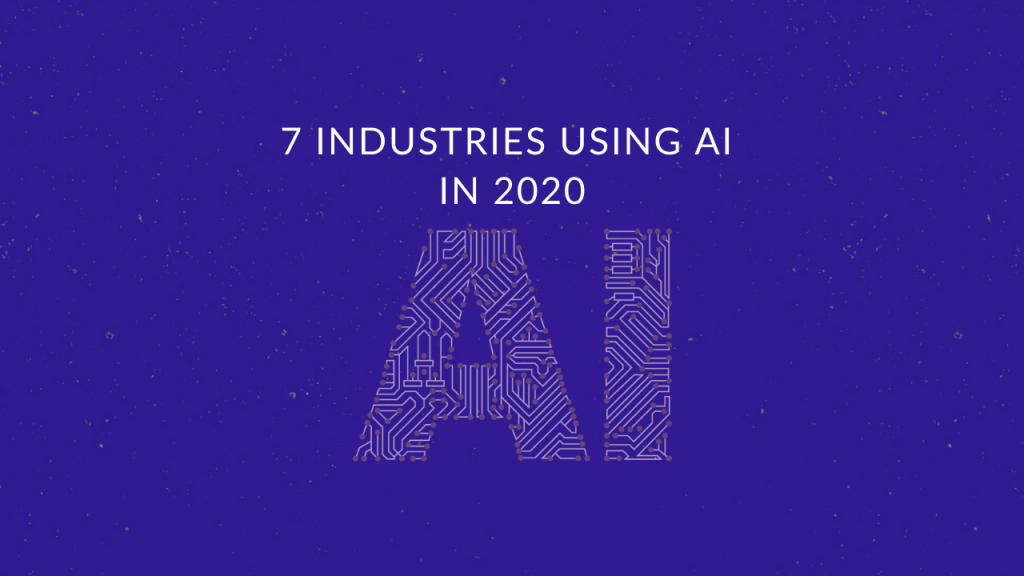Top Quantum Computing Companies to look out for in 2020
Top Quantum computing companies to look out for in 2020

SHARE
Quantum Computing was the unexpected highlight of India’s Union Budget 2020, when Nirmala Sitharaman, the Finance Minister, allocated INR 8000 crore towards the National Mission on the applications of Quantum Computing in India.
India also has a major interest in Quantum Computing. Therefore, we have enlisted the top Quantum Computing Companies to look out for in 2020.
- Google Research
Google Research has opened a Quantum Artificial Intelligence Lab with the help of a joint collaboration among the NASA Space Research Association, whose goal is to pioneer research on how quantum computing might help with the help of machine learning and some other computer science problems.
- IBM
IBM is a trusted partner to help you start the journey of quantum computing and prepare for the modern era of quantum advantage. You can discover some of the use cases, equip your organizations with some of the practical knowledge of quantum skills, and access world-class expertise and technology to advance in the field of quantum computing.
IBM Quantum helps you to be the primary to explore, benefit, and outline from the chop-fast approaching age of quantum computing. As a basically completely different manner of computation, quantum computing might doubtless remodel the companies and societies.
- Intel
Intel, which is known as one of the best technology companies across the globe, has invested around $50 million in funding to QuTech in the year 2018. During the CES Conference in 2018, Intel also revealed that it had created a 49-QuBit chip called Tangle Lake, one of the most significant innovations ever made in the development of Intel Chip.
- Microsoft
Microsoft, which is another most prominent market leader in the ecosystem of quantum computing. The team of Microsoft has started exploring the benefits of quantum computing in 2018. Moreover, they focused on the design of solutions for use in a fault-tolerant and scalable computing environment. In 2019, Microsoft had revealed that it was researching the area of topical computing. This helps to improve the engineering of quantum states. Microsoft has also made some of the significant steps towards improving the development layer of quantum computing.
- Alibaba Cloud (Aliyun)
Alibaba Cloud, in partnership with the Chinese Academy of Science, has invested in the Quantum computing research by the establishment of Alibaba Quantum Laboratory. They are leading the race of quantum computing in China. Their areas of R&D include the quantum processors, quantum algorithms, and quantum systems.
- D-Wave Solutions
D-Wave Solutions is a company that is specializing in the delivery and development of quantum computing systems. Its quantum computers are highly designed to solve the problems of machine learning, optimization, and sample problems that have information volumes and complexity that overwhelm the ability of conventional computers to derive timely, accurate, and actionable knowledge.
- Lockheed Martin
Lockheed, in collaboration with the University of Southern California, founded the Lockheed Martin Quantum Computation Center. The center is highly focused on harnessing the power of adiabatic quantum computing, in which the issues are encoded into the lowest energy state of a physical quantum system to find the optimum answer to some of the specific questions with many variables.
- Honeywell
Honeywell is one of the significant pioneers in the field of the quantum computing landscape. The company started its adventure in the year 2014 at the time of practicing in an advanced intelligent research project to investigate the latest technology.
Honeywell focuses more on a concept called trapped ion quantum computing. This approach uses the ion suspended in space to transmit information with the help of movement of those ions.
- Rigetti
Rigetti Computing is a full-stack quantum computing company that develop and manufacture superconducting quantum integrated circuits and package and deploy those chips in a low-temperature environment, and build control systems to perform quantum logic operations on them.
- IONQ
IONQ is a world-leading general-purpose quantum information processor. The unique trapped ion approach, a combination of perfect qubit replication, unmatched physical performance, optical networkability, and highly optimized algorithms to create a quantum computer that is powerful as well as scalable and that will too support a broad way of applications across different segments and industries.
- Amazon Braket
Amazon Braket is a fully managed service that helps you to get started with quantum computing by offering a development ecosystem to design and explore quantum algorithms, run and test them on simulated quantum computers on your choice of different quantum hardware technologies.
- Baidu
Baidu has launched its own Institute for Quantum Computing dedicated to the application of Quantum Computing software and Information Technology.
Professor Duan Runyao headed the Baidu Quantum Computing Institute, who is also the director for the Quantum Software and Information at the University of Technology Sydney.
At the time of launch, Professor Duan revealed that his plan is to make Baidu’s Quantum Computing Institute into a world-class institution within the time period of five years. In the coming five years, it will integrate Quantum Computing into the Baidu business plan.
- Toshiba
Toshiba offers a Toshiba’s quantum key distribution system that delivers digital keys for cryptographic applications on fiber-based computer networks.
Moreover, in the year 2015, the company announced that genome data from Toshiba’s life Science Analysis center was slated to be encrypted by a Quantum communication system.
- 1QB Information Technologies
1QBit is a software company for quantum computers which is having its specialization in developing applications for the finance and banking industry, working with industry partners it produces custom solutions to solve real-life problems exhibiting high degrees of computational complexity.
- Accenture
Accenture Labs is working on the quantum computing ecosystem and collaborating with leading companies such as 1QBit and Vancouver. The company platform enables the development of hardware-agnostic applications that are compatible with boost quantum and classical processors.
SHARE
RECENT POSTS
-
 Clavent’s Emerge 2020 Martech Summit Goes Virtual, powered by CleverTap08 Sep 2020 PR
Clavent’s Emerge 2020 Martech Summit Goes Virtual, powered by CleverTap08 Sep 2020 PR -
 Emerge 2020 HR Tech Summit Concluded Successfully12 Jul 2020 PR
Emerge 2020 HR Tech Summit Concluded Successfully12 Jul 2020 PR -
 Emerge 2020 HR Tech Summit12 Jul 2020 PR
Emerge 2020 HR Tech Summit12 Jul 2020 PR -
 My Experience Attending "How to Build High Performing Teams?" - Workshop On How to be a Good Manager.12 May 2020 Authored Articles
My Experience Attending "How to Build High Performing Teams?" - Workshop On How to be a Good Manager.12 May 2020 Authored Articles -
 Top Quantum Computing Companies to look out for in 202029 Apr 2020 Listicles
Top Quantum Computing Companies to look out for in 202029 Apr 2020 Listicles

































